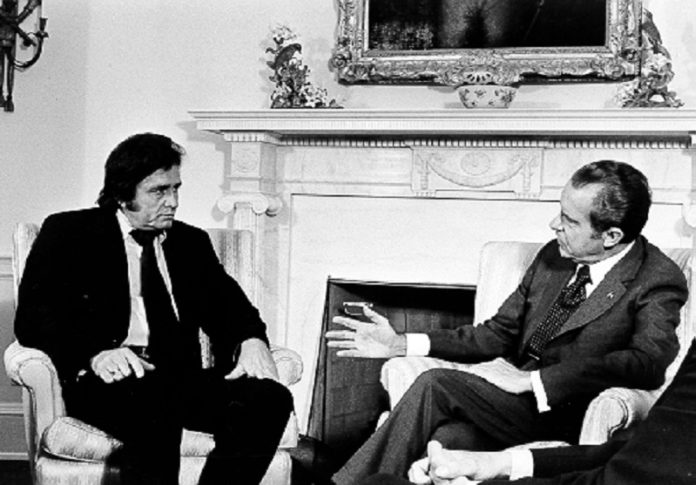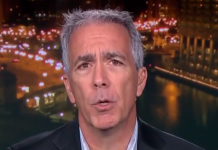
A pair of Confederate statues on Capitol Hill that symbolized racism are being replaced by marble statues of music icon Johnny Cash and civil rights icon Daisy Lee Gatson Bates.
Earlier this month, Arkansas Governor Asa Hutchinson (R) signed a law calling for the statues of Arkansans James Paul Clarke, the state’s former governor, and attorney Uriah Milton Rose, The Hill reports.
As noted by The Arkansas Democrat-Gazette, both supported racism in one way or another. Clarke, who was also a former United States senator was an avowed segregationist, while Rose sided with the Confederacy.
But that wasn’t in the forefront of Hutchinson’s mind, The Washington Post reports. Clarke and Rose aren’t being replaced because of their attachment to the Civil War, rather, the state wants “to update the statue with representatives of our more recent history,” Hutchinson said in his weekly address. The two statues have occupied the Capitol for nearly 100 years.
The ongoing national debate over removing Confederate monuments from public spaces continues on Capitol Hill, where several states have statues. Because the monuments honor the slavery era, some lawmakers, especially House Speaker Nancy Pelosi (D-Calif.) would like to see them removed.
“There is no room for celebrating the violent bigotry of the men of the Confederacy in the hallowed halls of the United States Capitol or in places of honor across the country,” she said in a 2017 statement.
Cash, a towering figure in country music, was born in Arkansas. Although he is beloved by many, some state lawmakers opposed using him to represent the state in Washington because of his troubled past, The Arkansas Times reports.
“Mr. Cash is a great musician … but the drugs, the alcohol, the women, that kind of thing … no, I can’t hold him up to my children as a model,” said state Rep. Doug House (R).
Fortunately, that attitude didn’t prevail and the measure passed.
“We’re especially honored that a statue of my dad has been chosen to represent Arkansas in our nation’s Capitol,” said Cash’s daughter Rosanne Cash during Hutchinson’s address last week. “It’s made even more special by the fact that he will be sharing this honor with Daisy bates. She was a true humanitarian whose commitment to social justice, to Civil rights is unparalleled.
Bates was a central figure in ending desegregation inside Arkansas schools and she helped to guide the Little Rock Nine, a group of African-American children who attempted to enroll in an all-white school.
Bates’s goddaughter was also happy to see the change.
“It looks like the state of Arkansas is shining down on one of its darling daughters today,” said Jan Brown during Hutchinson’s address. “To have her being recognized by millions of people all over the world, this is something that will resonate and will help improve our state. It’s all about us joining together and making a difference, and Daisy Bates truly made a difference.”
The video below offers a brief glimpse into Bates’s remarkable life. And the video following that showcases Cash’s ability to transcend musical genres.
Featured image by Richard Nixon’s official photographer, Ollie Atkins. License Public Domain via Wikimedia Commons










